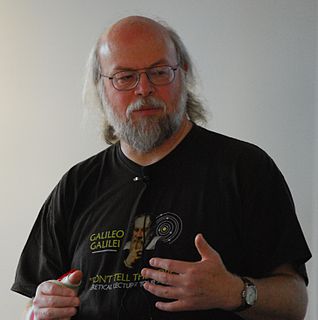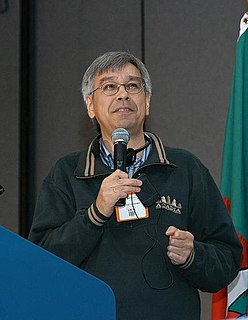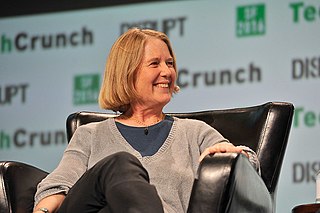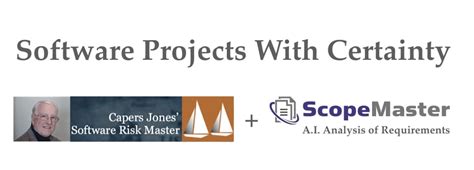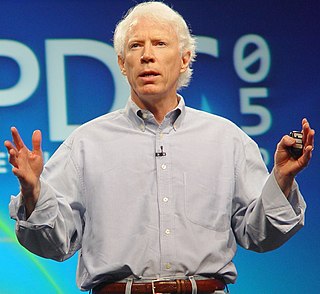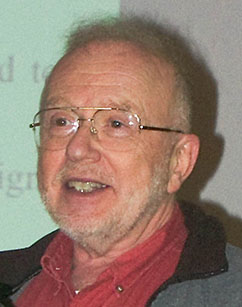Top 1200 Open Source Software Quotes & Sayings
Explore popular Open Source Software quotes.
Last updated on April 15, 2025.
The Open Source theorem says that if you give away source code, innovation will occur. Certainly, Unix was done this way... However, the corollary states that the innovation will occur elsewhere. No matter how many people you hire. So the only way to get close to the state of the art is to give the people who are going to be doing the innovative things the means to do it. That's why we had built-in source code with Unix. Open source is tapping the energy that's out there.
You know, most people in the open-source world who use open-source software don't actually do builds themselves - those people just download the binaries. And so we expect that the big enterprise people will just do that and we will certainly be providing binaries that have been through full industrial-strength QA, that have been through all the conformance testing.
History is littered with great firms that got killed by disruption. Of course, the personal computer, a technology that first took root as a toy, got Digital Equipment Corporation. Kodak missed the boat for a long time on digital imaging. Sony was slow to get MP3 technology. Microsoft doesn't know what to do with open source software. And so on.
One thing about open source is that even the failures contribute to the next thing that comes up. Unlike a company that could spend a million dollars in two years and fail and there's nothing really to show for it, if you spend a million dollars on open source, you probably have something amazing that other people can build on.
If an open source product gets good enough, we'll simply take it. So the great thing about open source is nobody owns it - a company like Oracle is free to take it for nothing, include it in our products and charge for support, and that's what we'll do. So it is not disruptive at all - you have to find places to add value. Once open source gets good enough, competing with it would be insane. We don't have to fight open source, we have to exploit open source.
If the DHS insists, as bureaucracies are apt to do, that open-source must be certified via a sanctioned, formal process, it will interfere with the informal process of open-source itself. It seems to me the DHS is trying to turn an open-source development project into a Microsoft (or IBM or Oracle) software development project. And we know what that means: more, not fewer, errors -- security and otherwise.
I named my software 'EMAIL,' (a term never used before in the English language), and I even received the first U.S. Copyright for that software, officially recognizing me as The Inventor of Email, at a time when Copyright was the only way to recognize software inventions, since the U.S. Supreme Court was not recognizing software patents.
Once a term like "open source" entered our vocabulary, one could recast the whole public policy calculus in very different terms, so that instead of discussing the public interest, we are discussing the interests of individual software developers, while claiming that this is a discussion about "innovation" and "progress," not "accountability" or "security."
With software products, it is usual to find that the software has major `bugs' and does not work reliably for some users... The lay public, familiar with only a few incidents of software failure, may regard them as exceptions caused by exceptionally inept programmers. Those of us who are software professionals know better; the most competent programmers in the world cannot avoid such problems.
I'm not of the opinion that all software will be open source software. There is certain software that fits a niche that is only useful to a particular company or person: for example, the software immediately behind a web site's user interface. But the vast majority of software is actually pretty generic.







